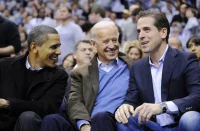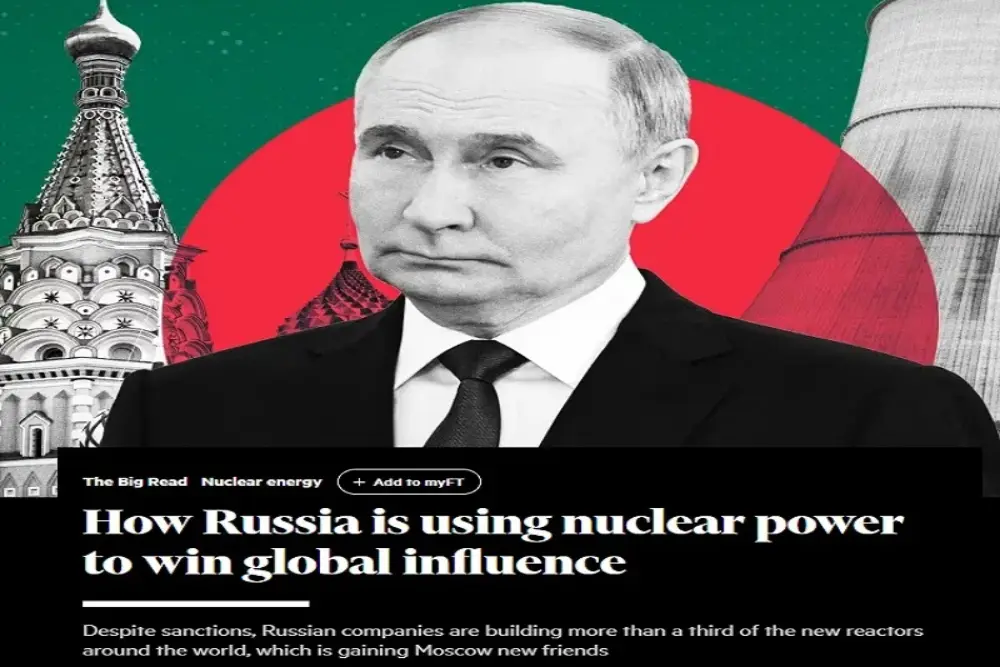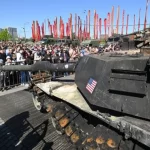“Nuclear diplomacy” isn’t just an anchor investment for comprehensively expanding partner relations into other spheres (minerals, logistics, markets, etc.), but is also an insurance policy for keeping them solid amidst political uncertainty.
The Financial Times (FT) published a piece last week about “How Russia is using nuclear power to win global influence”, which used the example of its Roopur project in Bangladesh to fearmonger about Moscow allegedly manipulating its partners into entering into decades-long relations of dependence. If one looks beyond their obvious narrative agenda, then they can actually learn quite a lot about Russia’s “nuclear diplomacy” and why the West is unable to compete with it, hence why it’s resorted to smears.
Each nuclear power plant project last about 80-90 years from construction to dismantlement, thus bestowing Russia with nearly a century’s worth of business with each partner since it provides for everything in the ecosystem from funds to personnel and uranium during the whole lifecycle. This is already attractive enough, especially due to Russia’s global expertise in this sphere, but it’s made all the more appealing by 90% financing “with repayments spread over decades at minimal interest rates.”
These terms explain why Rosatom clinched nearly two dozen memorandums of understanding with Global South states since 2022, with Africa being a key “point of growth” that’s expected to help boost annual revenue from $16.2 billion last year to $56 billion by 2030. As could be expected, with great influence in a field as strategic as low-cost and reliable green energy comes great privilege, and that’s why other non-nuclear-related deals tend to follow agreements with Rosatom according to the FT.
The company’s African growth plan will complement Russia’s “Democratic Security” packages, which refers to the range of assistance that Moscow provides its partners for counteracting externally exacerbated Hybrid War threats to their national models of democracy. Russian-provided low-cost and reliable energy will help those countries meet their growing population’s minimum needs, and this will in turn reduce the chances of them becoming desperate enough that they’re misled into rioting or worse.
The combined effect of Russia’s “nuclear diplomacy” pairing with its “Democratic Security” packages is that Africa has a greater likelihood of stably developing than any time before. Even if some of its partners slip into failed states, Moscow will still obtain unparalleled influence on the landmass as a whole, which could be leveraged to obtain privileged access to its minerals and markets. That can in turn help keep Russia’s long-term economic growth trajectory on track despite the Western sanctions.
This strategy is dependent on Russia clinching the greatest number of such partnerships with African states through the aforesaid means and then maintaining them despite the twists and turns of the New Cold War, which could see some of its partners experience US-backed regime changes. Even in that scenario, however, the low-cost and reliable green energy that Russia helps them produce for meeting their people’s minimum needs could limit the extent to which ties might change in those circumstances.
Viewed in this way, Russia’s “nuclear diplomacy” isn’t just an anchor investment for comprehensively expanding partner relations into other spheres (minerals, logistics, markets, etc.), but is also an insurance policy for keeping them solid amidst political uncertainty. This makes it an immensely important instrument in Russia’s grand strategic toolkit, which the West can’t compete with since it’s unable to offer anywhere near the same terms, thus greatly hindering its containment strategy.
Source: author’s blog















Comments